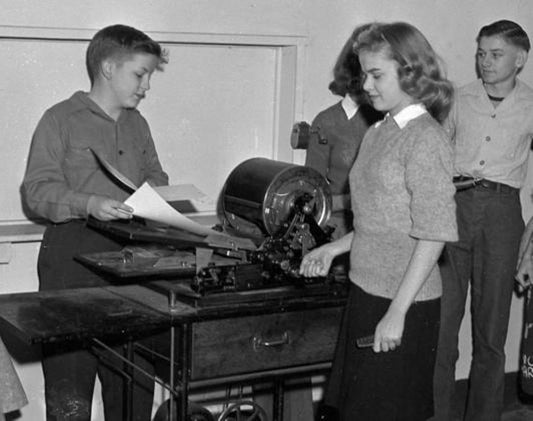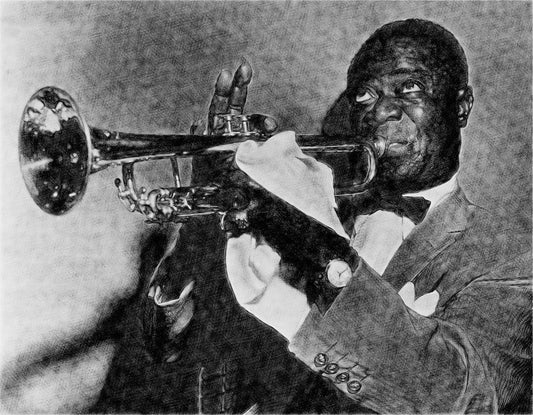Finding your voice
by Paul McGowan
Today is April fool's day and it got me wondering why it's called that. I did a little research (well, that means I Googled it) and didn't find anything satisfying to explain it. The one thing I did learn is that way back when, "fools" weren't what we think of them today. Fools were an honored position in society bringing humor and levity to an otherwise overly serious society. I think that may be good medicine for us all. Have a good laugh on me today. And share it with someone else. Thanks.
Here's the thing about voicing electronics, the subject of yesterday's post. Someone who is skilled at voicing products isn't a measurement machine and need not have perfect hearing. Indeed we have very sophisticated test equipment we use to make sure whatever we produce is flat, extended, and problem free. What we don't have is any way to correlate what we measure with what we hear. And that's the crux of this art.
Several of you sent me notes asking about my hearing and whether it's been checked recently. Your concerns are noted and understandable. Why would you put your trust in a person voicing your electronics if over time their main measurement tool, their ears, wasn't up to snuff? The answer is simple: the brain does the measuring and interpreting what the ears sense. Some of the best listeners I know of have measurably lousy hearing. In fact, we all hear differently. And as a skilled voicer my challenge isn't one of having perfect hearing (I don't), but to make sure the equipment being voiced reproduces music that sounds like real instruments, when those instruments should sound real.
Just as Beethoven composed his last works while going deaf, great chefs cook glorious meals by smell, rather than taste, it is not the flatness of ones ears that determine one's skill at voicing, but rather the ability to compare patterns and sounds in one's head. We use whatever receptors are available to us and use that data to make measurements and comparisons in our heads. Beethoven could hear the music in his head, a great chef knows when something smells just right it'll taste just right and a good designer who listens to their equipment knows that getting the sound of acoustic instruments just right means everything else falls into line.
A great reviewer of audio equipment has a solid memory and ability to compare one sound vs. another in their heads.
Think about your own abilities for a moment. Are you able to tell if the person standing in front of you is in the room and speaking vs. recorded and reproduced, with your eyes closed? Of course you are. And this ability is the same for any level of hearing ability. The skill in voicing a product is an acquired one, but not acquired simply by years of listening and comparing (we all do that), but knowing what to do to affect the sounds we hear without changing the basic measurements of the device.
Tomorrow I'll go into some depth about observations.
- Choosing a selection results in a full page refresh.
- Opens in a new window.








